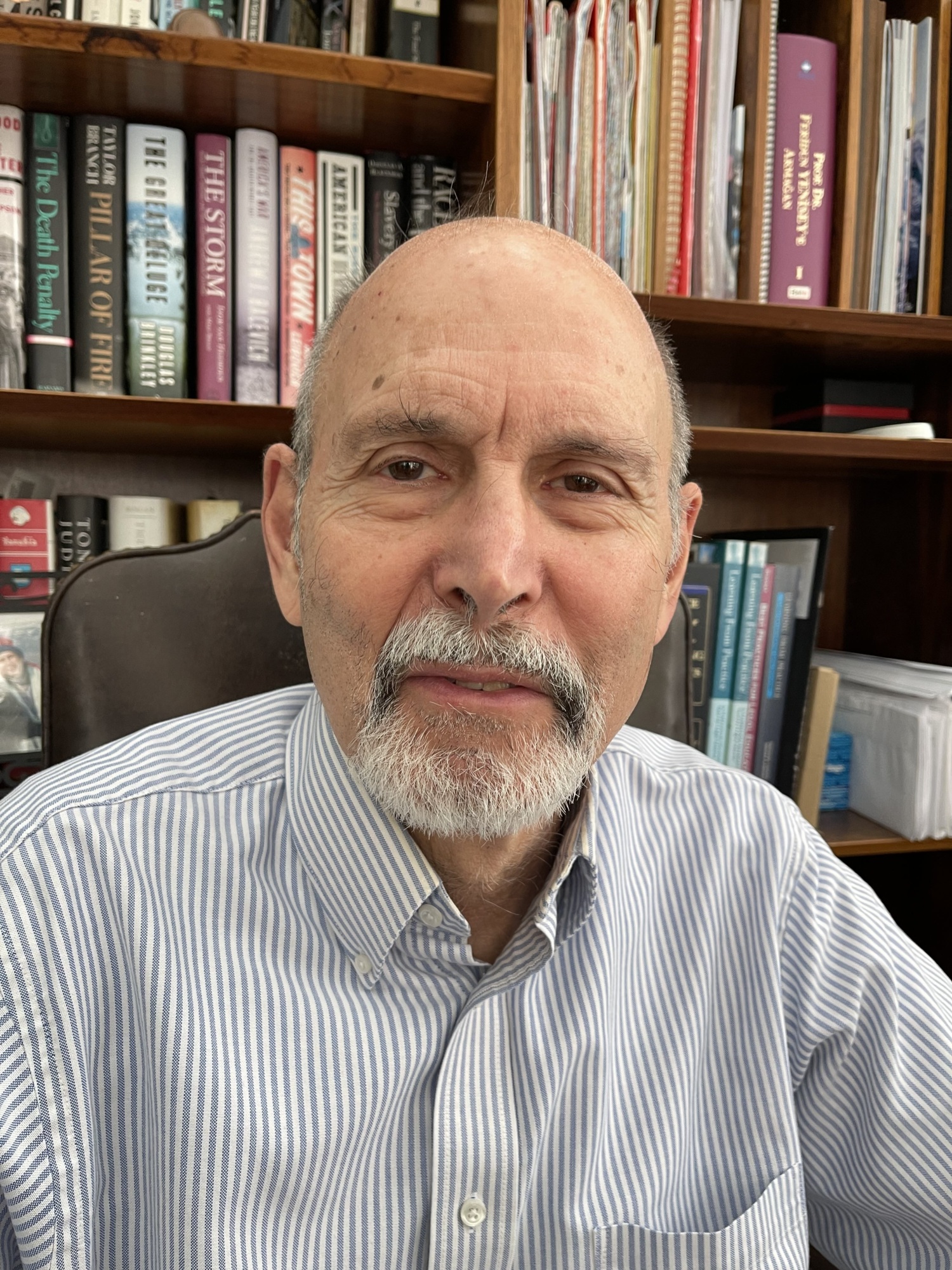
David Gottlieb, Professor Emeritus, University of Kansas School of Law
"AFJ’s work promoting the rule of law in general, and its focus on the quality of the judiciary and the nomination process in particular, is so very important."
"AFJ’s work promoting the rule of law in general, and its focus on the quality of the judiciary and the nomination process in particular, is so very important."
I live in Hyattsville, Maryland, with my wife Rita. I’m now retired, with the title of Emeritus Professor, having taught for more than 30 years at the University of Kansas School of Law. I’ve continued my involvement in law through pro bono work on asylum cases and adjunct teaching in the asylum area. I’m also an avid amateur musician, and I play violin in two community orchestras.
Nan Aron and I met in college and are long-time friends, so I have been aware of AFJ’s work for more than a generation. AFJ’s work promoting the rule of law in general, and its focus on the quality of the judiciary and the nomination process in particular, is so very important. AFJ has been an incredibly important voice for decades, and I’ve been pleased to support them, both financially and by working with them on a couple of written projects.
The counter-revolution engineered by the Federalist Society and its allies has had such a pervasive effect on so many areas of our lives—reproductive rights, equal protection of minority communities, worker’s rights to organize, environmental regulation, immigration— that it’s hard to prioritize any individual area that moves me the most.
As a political community, we need to redouble our efforts to call out the corruption and toxic ideology of some members of the judiciary, to promote diverse and principled candidates, and to promote judicial reform. AFJ is the tip of the spear in these efforts—it was the first organization to prioritize some of these issues, and it continues to lead the progressive community.
Two books I finished in the last couple of months have rocked my world, in very different ways. Time’s Echo by Jeremy Eichler is a wonderful history and beautiful meditation on music and memory. It focuses on composers Richard Strauss, Arnold Schoenberg, Dimitri Shostakovich, and Benjamin Britten, and explains their attempts to memorialize through music the traumas of World War II. Fire Weather by John Valliant is a terrifying account of the wildfire that destroyed Fort McMurray Alberta, the hub of Canada’s oil industry. Valliant includes information on climate science to help explain why events like the Fort McMurray fire are not one-offs, but the beginning of a scarier future.